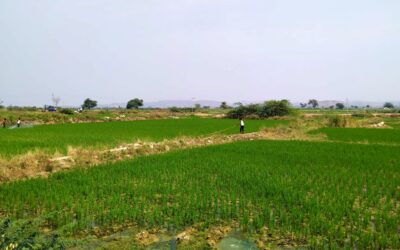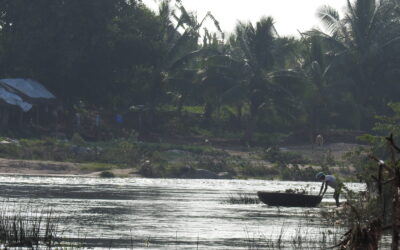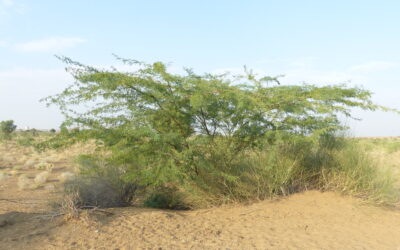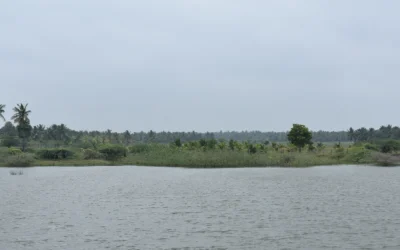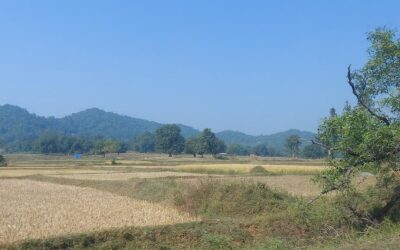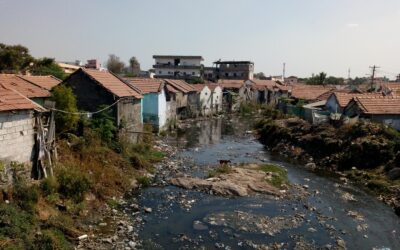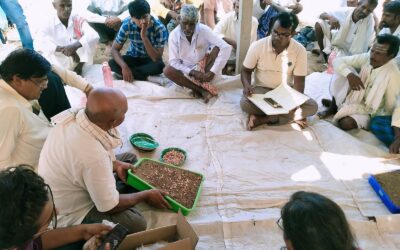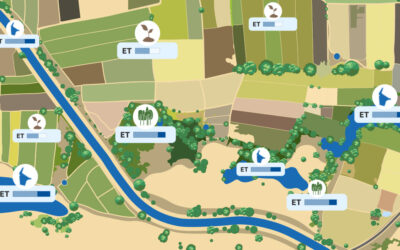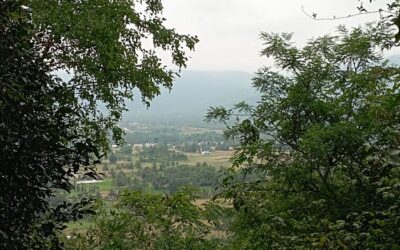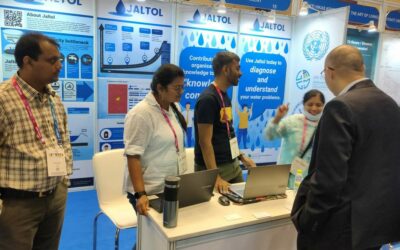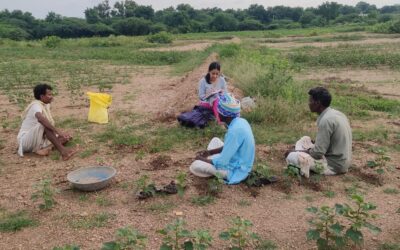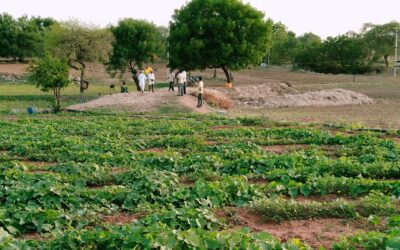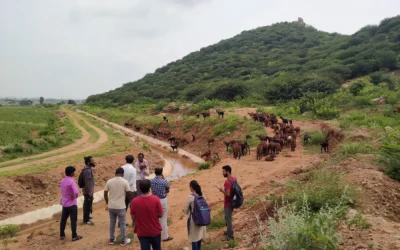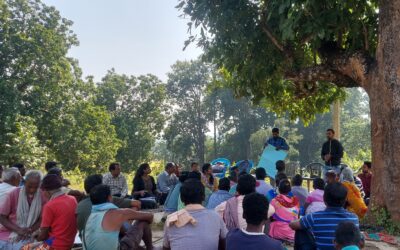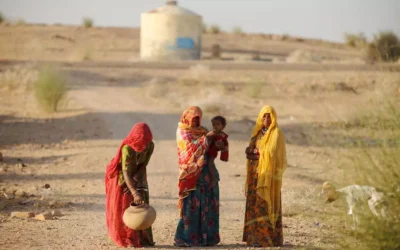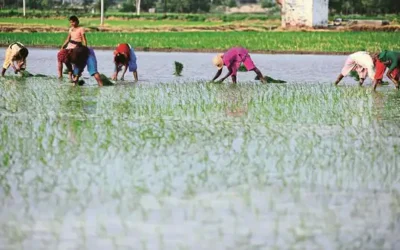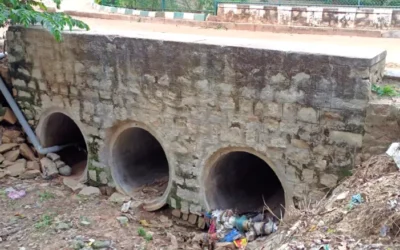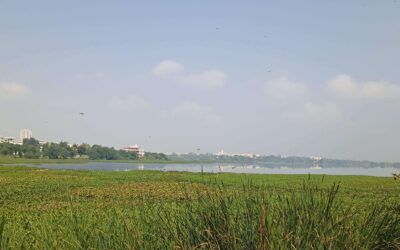Blogs & Op-eds
Urban Water
Rural Futures
Technical Consulting
Platforms and Partnerships
Futures Research
Part 1: Journey Mapping to Plan the Future of Mukkanal’s Farmers
Through journey mapping, farmers can have a say in the blueprints of their own progress
Explained | What Was the U.N. Water Conference and What Happened There?
Published in The Hindu
Tamil Nadu’s Long Fight Against Prosopis juliflora
Published in Mongabay
Drinking Water for Every Rural Household: A Tamil Nadu Village Highlights Challenges
We visited Nadiyam, a coastal village in Tamil Nadu, to examine water supply under the Jal Jeevan Mission and the challenges in sustaining piped drinking water access in rural areas
Field Notes from Jharkhand: Testing Jaltol on The Ground With WASSAN
By collating secondary data and allowing for grassroots communities to input specific primary data, Jaltol can address the data and technical gap that impairs water budgeting and rural water planning.
Understanding Wastewater Reuse: 5 Learnings from the IWA International Conference
Our Urban Water team sums up five key learnings on wastewater treatment and reuse from the five-day IWA conference held in Chennai in January 2023.
Soil Workshop in Raichur: Farmers Keen on New Methods to Rebuild Soils
Around 35 farmers attended the two-day workshop held in Raichur’s Devadurga taluk to learn about how they can test and improve soil quality,
Jaltol & Water Security: How Do We Track Impact at a Finer Scale?
Our partnership with the Foundation for Ecological Security (FES) to improve the practical use of Jaltol has sharpened the need for a higher quality of metrics for evapotranspiration data.
Field Notes from Sittilingi Valley: How a Farmer Collective Addresses Both Healthcare and Agrarian Distress
The Sittilingi Organic Farmers Association (SOFA) shows how collectives founded on strong community values can benefit small and marginal farmers and the local ecology.
Community Building for Jaltol: Our Learnings at the UN Geospatial Congress
One stand out in our 2022 calendar was the United Nations World Geospatial Information Congress held in Hyderabad in October.
Raichur Land Restoration Pilot: How We Studied the Local Context
Land degradation, or a deterioration in land quality caused by human-induced processes, is a massive challenge for India today. Approximately 53 million hectares (MHa) of land in the country is already degraded. This implies a massive reduction in biological and...
Field Notes from Raichur: How People are Working to Restore Common Land
A journey mapping exercise gave us a deeper understanding of livelihood patterns, challenges, and the impact of degradation on households in our land restoration pilot site.
From Plural Livelihoods to Better Schools: What People Aspire for in Raichur
We are carrying out a rural livelihoods aspirations study in three villages in Raichur to ensure that restoration work is people-centric and demand-based. This blog explains our methods and documents early trends and observations.
Towards Net Water Positive Towns
Published in EGov Magazine
Five Lessons We Learned As An Ecosystem Builder
Ecosystem builders connect, empower, and collaborate with others to lift up the whole community to achieve its potential.
‘Water Credits’ Can Fund Climate Needs
Published in The Hindu BusinessLine
We Must Break ‘Lock-ins’ of Water Usage in Agriculture
Published in Mint
Study on Cascading Lakes in Hebbal Explains Why Many Have Dried Up
Published in Citizen Matters
At COP27, We Must Find a Better Way to Reduce our Carbon Footprint
Published in The Indian Express
Setting the Context — Water Governance in Bengaluru
In this series, we explain the need to better understand how water moves through cities and illustrate effective ways to create and visualise urban water balance through the case of Bengaluru.

